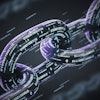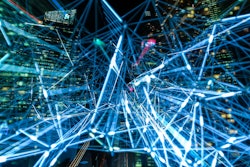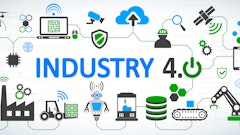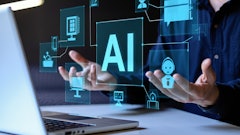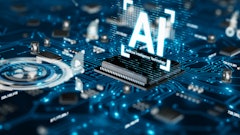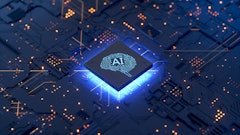
As more of the Generation Z (Gen Z) enters the workforce, the more they are driving the evolution toward an autonomous supply chain, according to Gartner, Inc.
“Born between 1997 and 2012, the oldest Gen Zers have just started their careers. In 10 years, they’ll be supply chain managers,” says Pierfrancesco Manenti, VP analyst with the Gartner Supply Chain practice. “This generation has grown up with digital technologies, so today’s supply chain leaders expect them to be innovators that accelerate supply chain digitalization and pave the way toward hyperautomation.”
Hyperautomation involves a combination of technologies that include robotic process automation (RPA), machine learning (ML), artificial intelligence (AI) and more, and they’re all used and implemented to create a smarter supply chain.
From Gartner Inc.
- There’s a great number of tasks and processes such as procure-to-pay and customer claim management that can be automated. RPA is considered the primary technology for those initiatives.
- Hyperautomation technologies will be available to increase the accuracy and speed of decision making.
- Supply chain employees will focus their efforts on tasks such as defining the supply chain strategy, driving innovation, taking care of customer service and experience and controlling AI data from being biased.
“All of the supply chain leaders we interviewed agree that, at some point beyond 2030, a large majority of their supply chain activities will most likely become autonomous and self-healing. However, they don’t expect a lights-off supply chain, with no people at all. They agree that hyperautomation is the opportunity to free up people’s time for the value-added work that only humans can perform. The ingenuity and empathy of the human brain can’t easily be replicated,” Manenti says.




